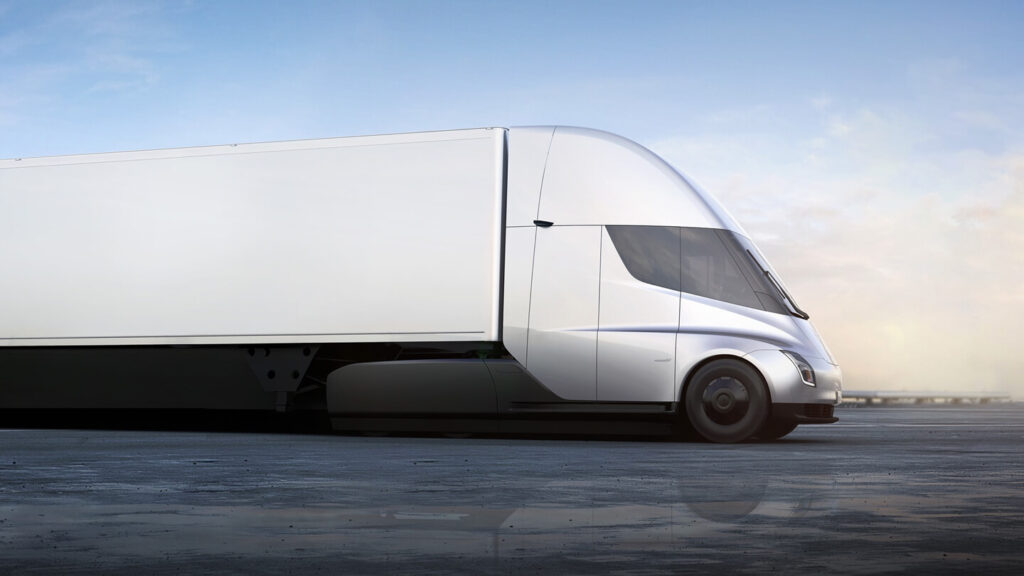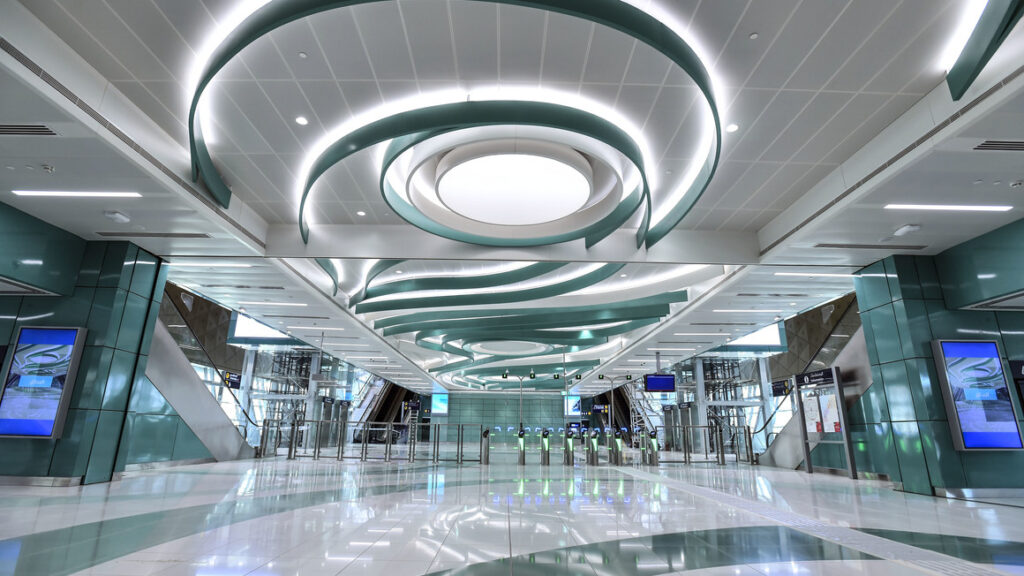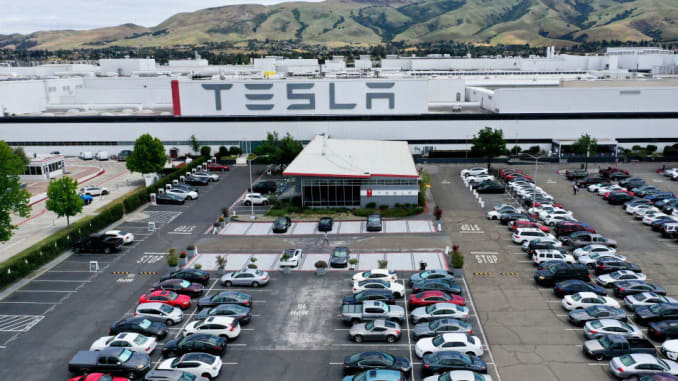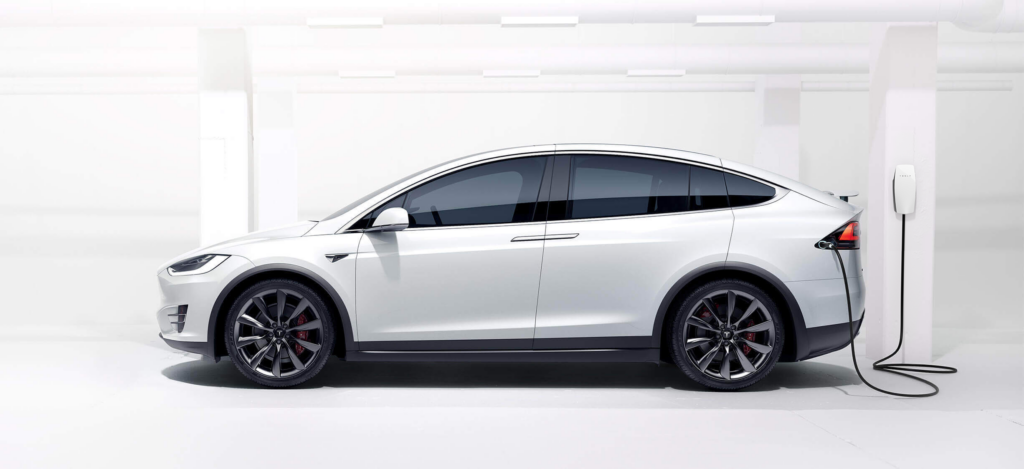Tesla Reports Q2 Profit, Announces Texas Gigafactory
Tesla (TSLA) posted a surprise second-quarter profit last week on cost cutting and strong deliveries, offsetting the effects of its Covid-19 related factory shutdowns. The report may help the electric vehicle manufacturer gain inclusion into…





